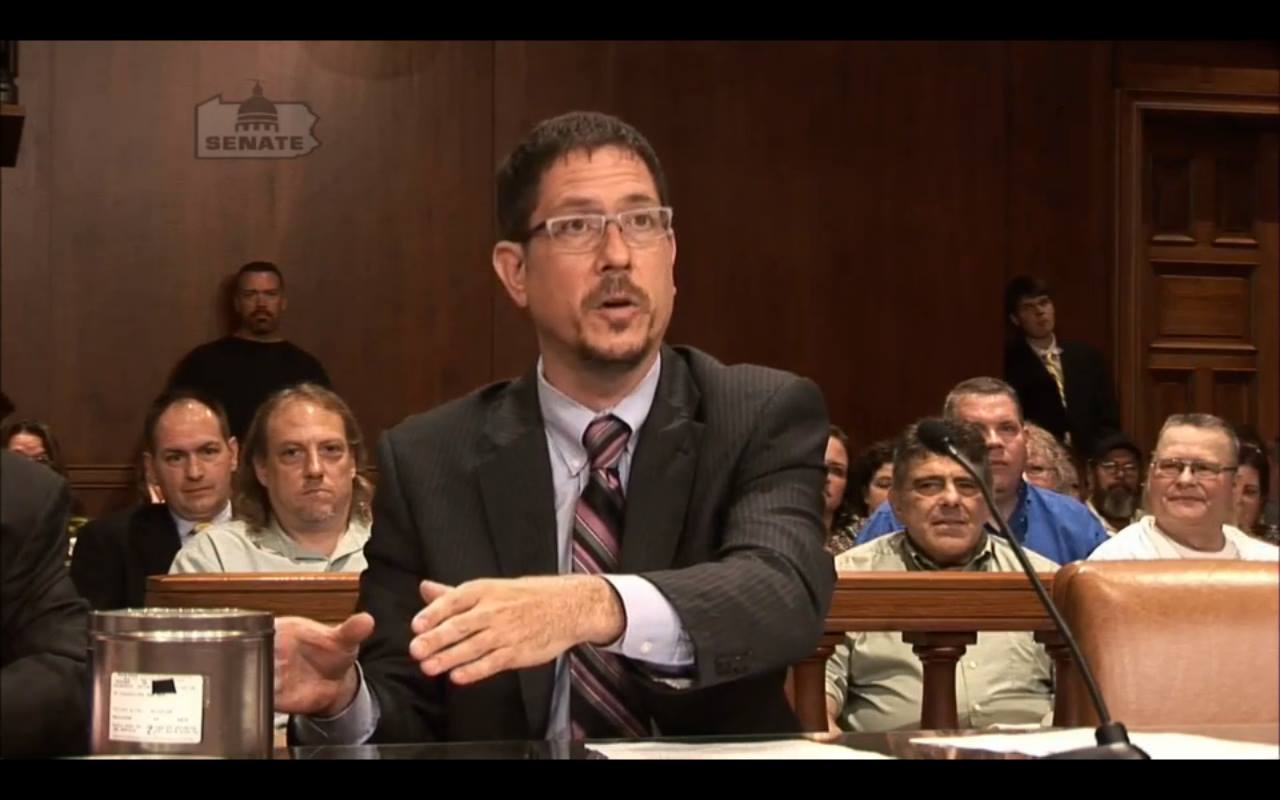Why Select Federal Appeal Lawyers: Proven Methods for Successful Appeals
Wiki Article
Demystifying the Refine of Federal Appeals: What You Need to Know
Navigating the detailed realm of government appeals can often appear like passing through undiscovered waters for those not familiar with the procedure. Recognizing the subtleties of appellate court territory, the details of submitting a notification of charm, offering a compelling short, and making an influential oral disagreement are essential parts that can significantly affect the result of a situation. By unraveling the layers of intricacy bordering federal allures, people can get a more clear understanding right into the systems that control this crucial stage of the legal system.Recognizing Federal Appeals Process
Digging into the complex world of the federal charms process unveils a structured and methodical trip with the judicial system - federal sentencing attorney. Federal appeals offer as an important device for evaluating choices made by lower courts. Comprehending this procedure is important for any individual associated with legal process at the government levelThe process commonly begins with a celebration disappointed with a reduced court's ruling filing a notification of allure. This triggers an evaluation by a higher court, where a panel of judges examines the lawful arguments presented by both celebrations. Briefs detailing the lawful thinking behind each party's setting are submitted, and dental debates might be heard to clarify complex concerns.
The appellate court's decision is based on a comprehensive evaluation of the lower court's process and the disagreements offered. As soon as the appellate court reaches a decision, it can affirm, reverse, remand, or customize the reduced court's ruling, supplying clearness and finality to the legal dispute.
Appellate Court Jurisdiction Explained

Appellate courts have territory over details kinds of instances, normally those including lawful mistakes, procedural problems, or inquiries of regulation rather than factual disagreements. The territory of appellate courts is typically outlined in laws and legislations that govern the court system. Understanding appellate court territory is important for parties associated with the charms procedure as it figures out whether a situation is qualified for evaluation and the extent to which the appellate court can interfere in the lower court's choice.
Filing a Notice of Appeal
The preliminary step in commencing the federal charms process includes filing a Notification of Appeal with the ideal appellate court. little rock federal criminal appeal lawyers. This vital file officially informs the court and the other celebrations included in the instance that the appealing party plans to seek an evaluation of the lower court's choice. Filing a Notification of Allure is a stringent procedural requirement that sets the appellate procedure movingWhen preparing the Notification of Charm, it is essential to guarantee compliance with the particular guidelines and standards of the appropriate appellate court. The file should usually consist of info such as the instance name, the lower court's name, the day of the judgment being appealed, and a concise statement showing the premises for the appeal.
Timeliness is important when submitting a Notification of Charm. Missing out on the target date for sending this file can cause the charm being dismissed, underscoring the relevance of timely and accurate initiation of the allures process. It is advisable to look for legal advice to browse the complexities of submitting a Notice of Charm effectively.
Instruction and Oral Debate
In the appellate process, offering composed briefs and taking part in oral debates play critical duties in promoting for the appealing event's setting prior to the appellate court. Briefs are extensive lawful files that detail the parties' disagreements, lawful authorities, and analysis sustaining their positions. These composed entries offer the court with a thorough understanding of the facts of the situation, the relevant legislation, and why the appealing event believes the reduced court's decision ought to be rescinded.Following the submission and evaluation of the briefs, dental arguments use the events an opportunity to additional clarify their placements, address any concerns the appellate courts might have, and highlight essential points from their composed briefs. Dental debates are a chance for the attorneys to convince the courts via verbal advocacy and reactions to queries from the bench.

Obtaining the Appellate Court Decision

Final Thought
Comprehending the appellate court jurisdiction, submitting a notification of allure, preparing briefs, and offering dental arguments are all important elements of this process. Eventually, obtaining the appellate court choice can give quality and resolution to lawful disagreements.As we progress from understanding the federal appeals process to dissecting the complexities of appellate court jurisdiction, an essential element comes to light concerning the authority and limitations of these higher courts in the legal landscape. Appellate court jurisdiction refers to the scope of cases that a particular appellate court has the power to review and decide upon. Unlike test courts that listen to instances for the initial time, appellate courts are restricted to examining decisions made by lower courts. Understanding appellate court territory is crucial for events entailed in the charms process as it identifies whether a case is eligible for testimonial and the level to which the appellate court can interfere in the lower court's decision.
Whether the appellate court attests, turns around, or remands the lower court's decision, recognizing the effects of the ruling is essential for all parties entailed in the appellate procedure.
Report this wiki page